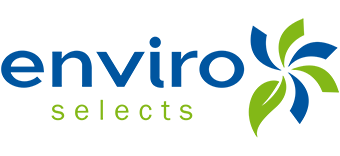Fertilizing is not necessary for some plants, as we have seen. But the station plays a vital role since we do not feed the plants in the same way at all times. Generally, fertilizers should be supplied once every six weeks during the spring and summer seasons. In winter periods, the fertilizer is supplied once every ten weeks.
When to fertilize in spring?
In spring, just before the season begins, fertilization favors the regrowth of the plants. The roots are very active at that time and are ready to receive nutrients. They need, therefore, a fertilizer that puts nutrients at their disposal quite quickly. But not in large quantities, because there is a risk in the case of excess use of fertilizer.
A rich fertilizer, of rapid diffusion, with a well-adjusted dose, is what plants need in poor soils and for “gluttonous” vegetables. If you prioritize it efficiently, you can provide organic fertilizer, with a relatively rapid diffusion, such as those presented in powder form. If not, use liquid organic fertilizers or synthetic fertilizers, which act either immediately (be mindful of overdosing) or slowly. Make Biosafe weed control spray mandatory to be used during the fertilization if you need healthy results for your flora.
When to fertilize in summer?
Summer represents the season when the crops are already developed, even the seasonal ones. If they need to fertilize, it will be with a quick-acting fertilizer. You will find in this category chemical fertilizers and organic fertilizers, such as guano, or potash in granules. They act immediately, and any overdose leads to burning of the roots.
When the summer is extreme, you can start giving slow fertilizers, from which the plants will benefit during the fall and even the following spring. Rapid fertilizers should not be used on plants that are already beginning to decline, because all they would do is contaminate the soil.
When to fertilize in autumn and winter?
The plants enter a resting period, even if they do not lose their leaves or if they bloom during the winter. For this reason, they do not need to be nourished at this time. The star winter fertilizer is, of course, manure. Put a 5 to 15 cm layer on the ground and at the foot of the crops, which will slowly decompose when plants need it.
With manure, you do not risk an overdose. The best time to use it is during January-February. If we apply it before, the nutrients it contains would be released by winter rains. On the other hand, if it is extended later, it will not give you time to decompose for spring (it will nourish the plants during the summer).
Enviro Selects offers fertilizers made from organic raw material. Attention should be paid to know which fertilizer is the most suitable to ensure optimum plant growth.
BioSafe Disease Control ensures the correct growth and maturation of your fruit trees. Discover the products we have for your plantation. Get in touch with us now!
